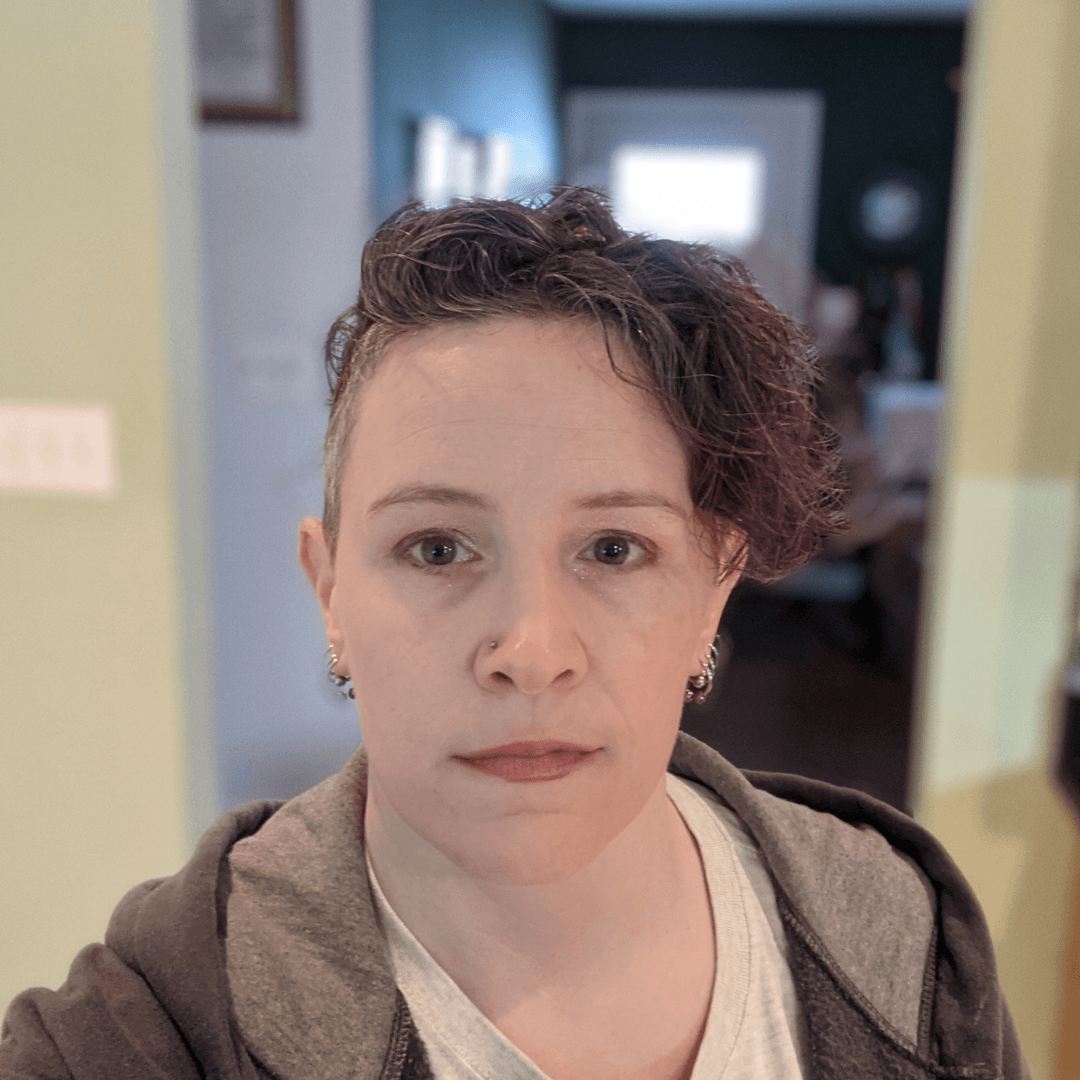Several studies have examined the effects of bergamot essential oil (BEO) aromatherapy on stress and anxiety in stressful medical situations, such as hospitalization, waiting in doctors’ offices, during stressful procedures, and presurgery or postsurgery.
There is limited evidence that aromatherapy with bergamot oil may reduce presurgical anxiety in adults awaiting surgery. One randomized controlled trial (RCT) of presurgical anxiety in patients waiting for ambulatory surgery, which exposed participants to either BEO aromatherapy or plain water vapor in the waiting room, found that scores on an anxiety questionnaire decreased more in the BEO group than in the control group.[1] Similarly, a 2020 RCT in Iran investigated the effects of cold-pressed BEO aromatherapy on participants who were on the point of undergoing gallbladder surgery. The participants who were exposed to BEO had a slightly greater, but still statistically significant, reduction in scores on a standardized anxiety questionnaire and a significantly larger reduction in salivary alpha-amylase (which is correlated with stress) than the participants who weren’t exposed; however, there wasn’t any significant difference in salivary cortisol.[2] These results are in line with low-quality evidence from a noncontrolled trial which reported that BEO aromatherapy improved positive feelings in the waiting room;[3] however, that study’s design allowed participants to decide whether or not to participate after exposing them to the aromatherapy, which makes it difficult to give much credence to its results.
The results of a trial examining BEO’s effects on postsurgical anxiety were similar. An RCT whose participants were postsurgical ICU patients found that the participants’ scores on an anxiety questionnaire decreased significantly with bergamot aromatherapy compared to the control group.[4] However, even though the participants in this small study were randomized, significantly more control-group than bergamot-group participants had had prior ICU experiences, and significantly more bergamot-group patients had a known allergy to something other than plants, flowers and related essential oils — both of which could have affected post-surgical anxiety levels.
However, there is limited evidence that BEO aromatherapy may be ineffective or even counterproductive for medical anxiety in children. A 2019 RCT examining the effects of BEO aromatherapy on medical-office anxiety in autistic children found no significant effect on blood pressure, heart rate, or scores on a standardized anxiety questionnaire.[5] Worse, a 2012 RCT of BEO aromatherapy in children and adolescents undergoing stem cell transplantation, a stressful, nauseating, and painful procedure, found that the participants who received BEO aromatherapy experienced more anxiety and nausea than the participants who didn’t.[6]


